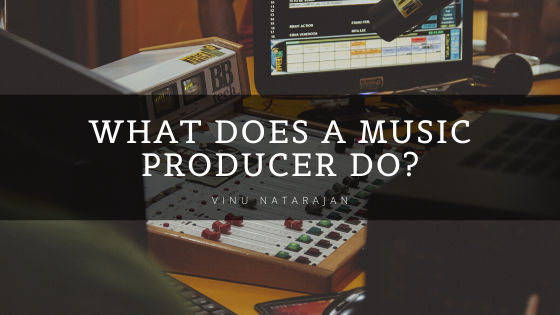Music production is an exciting industry providing the force behind the music we know and love. While there is some overlap with DJing, what exactly does a music producer do? A music producer contributes to the production of music in a number of ways: organization, performance, tracking, mixing and processing, or even coaching and inspiration.
Music production has changed a lot over the years, and while the term “music producer” used to be much more specific, it has grown to encompass a large range of responsibilities. It was a managerial role: the producer would be in charge of hiring musicians and engineers, rent the studio, and put all of the necessary pieces together to help create a record. Leveraging their connections in the industry, the producer would bring together their key players, like artists and engineers, schedule studio time, and keep financial records. The work was pragmatic and centered on the logistics of completing an album.
Over time, however, the music producer came to do more than just manage the logistics of a record. Using their ear for music and their knowledge of how to combine the talents of all the right players, music producers began to alter the sound of records and influence music production. Using new recording techniques, they changed the face of modern music. Trailblazers in the industry like Phil Spector set new precedents for music production. Producers began to take a more proactive approach, calling the shots when it came to instrumentation, how it was performed, and the composition behind it. This allowed them more control over the recording process than before and shifted the role of the producer from a general organizer to an active composer.
In modernity, it’s a little bit more difficult to differentiate a recording engineer from a music producer. An audio engineer today does more than just operate soundboards: they learned music theory, developed a keen ear for good tones and progressions, and used these to become a key part of the music creation process. With the popularity of electronic music, many times producers can be artists, too, by their own right.
Ultimately, the role of producer varies from person to person. Throughout history, the profession has changed greatly. The diversity of responsibilities means that you can tailor it to suit you.
